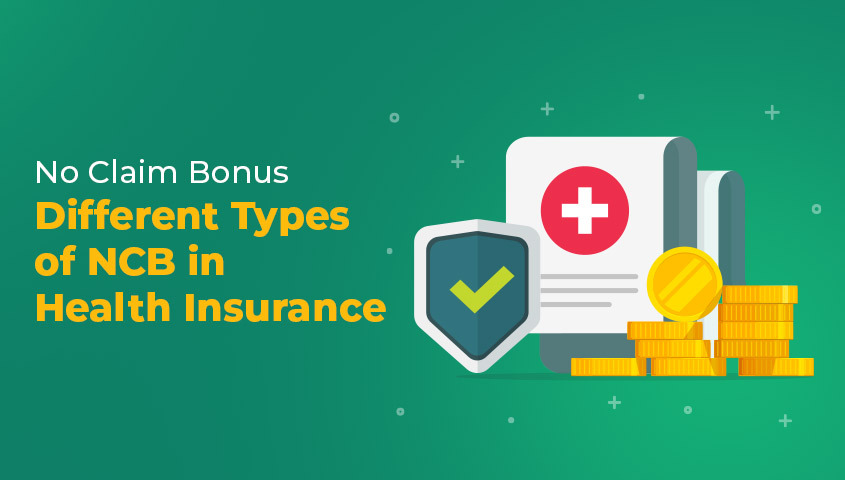
The Oxford Dictionary defines a disabled person as a person having a physical or mental condition that limits their movements, senses or activities. Such a disability could be physical or mental. There are, in actual, three different kinds of disabilities which are as follows –
- Congenital disability
Disability which is existent ever since birth is called a congenital disability. Some common examples include Down syndrome, cerebral palsy, cleft palate and lip, spina bifida, etc.
- Accidental disability
Disabilities which arise out of an accident are called accidental disabilities. For instance, if an individual loses both his legs in an accident, it is called a permanent total disability.
- Mental disability
Mental disability is a mental illness which impairs the individual’s thoughts, speech, behavior and functioning. Examples include Schizophrenia, autism, Asperger’s syndrome, etc.
Disabled, or differently-abled, persons have a challenging life. They manage to lead as normal a life as possible but are often restricted due to their disability. Their medical expenses are also high and they have higher probability of facing medical emergencies. Given the current medical expenses, it becomes difficult for differently-abled individuals or their families to bear the medical burdens. Does a health insurance plan come to the rescue?
Yes, health insurance plans are available for differently abled individuals. Let’s understand –
- Government health plans for the differently abled
The Government, in its bid for social welfare, has launched some health insurance schemes for the disabled. One such scheme is the Swavlamban Health Insurance Scheme which has been implemented through the National Institutes and Composite Regional Centres for Persons with Disabilities. This is a cashless hospitalisation scheme for people whose income is up to Rs.3 lakhs annually. The scheme has been launched under the Department of Education and Ministry of Social Justice and Empowerment. Another scheme is the Nirmaya Health Insurance Scheme with a cover of Rs.1 lakh. The scheme covers cost of pathology, diagnostic tests, medicines, dental check-ups, corrective surgeries for treating the disability, ongoing therapies, etc. Thus, the scheme also allows coverage especially for people with disabilities. People suffering from autism, cerebral palsy, mental retardation and other disabilities can buy this insurance. The premium rate is a flat rate for all ages. Pre-existing illnesses are covered. No pre-entrance medical check-ups are required to buy the plan. The premium rate is Rs.250 if the insured’s family’s income is up to Rs.15, 000 per month. For families with incomes of Rs.15, 000 and above, the premium amount is Rs.500.
Private health insurance plans for the differently abled
Other than the Government’s health insurance schemes, private companies also allow their health plans to be bought by differently abled individuals. However, such plans have some terms and conditions applicable to the coverage. Health insurance companies check various factors before the plan is issued. They check –
- The extent of disability
- The present health state of the individual
- The individual’s earning capacity
- Total family earnings, etc.
The plan also requires various documents like a disability certificate, type of disability, medical records, etc. Pre-entrance medical check-ups are also required irrespective of the age of the individual. These check-ups help the company understand the type and severity of the individual’s disability before issuing the health plan.
So, differently abled people can avail health coverage under Government sponsored schemes or through private health insurers. However, they should remember that the coverage would come with terms and conditions and would be limiting. The coverage would, however, help them deal with their medical expenses and be financially rewarding.
This article has been contributed by Moneycontrol team
Read more about 7 Reasons why you should invest in health insurance early.
Read more about does your health insurance cover all medical expenses.
Read more about how to choose a health insurance plan.
































